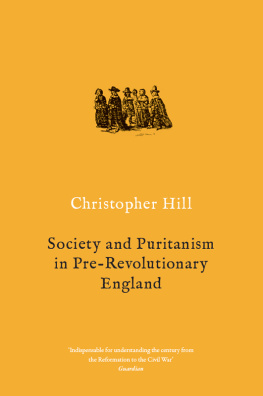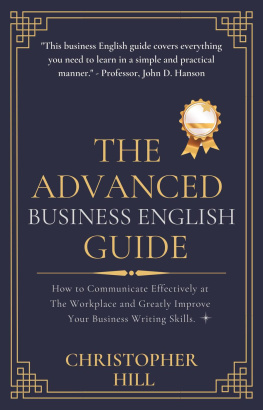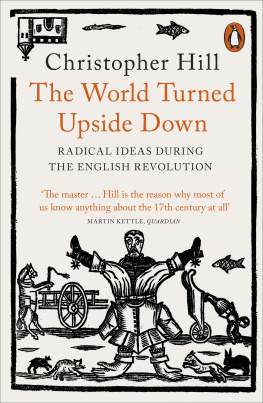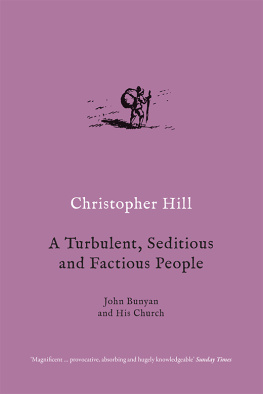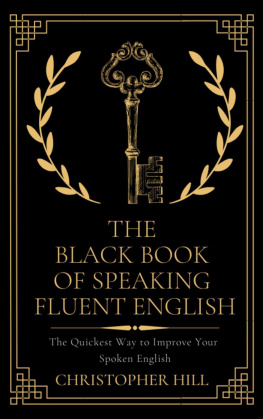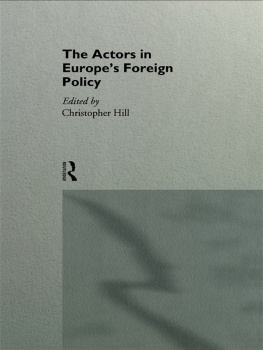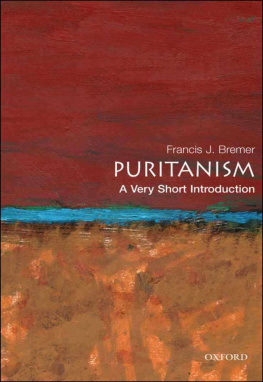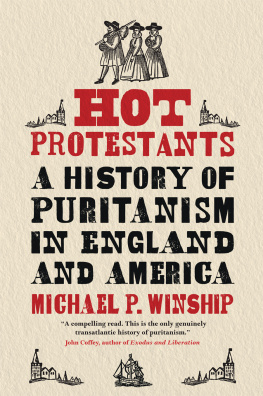Contents

Society and
Puritanism
Society and
Puritanism
Christopher Hill

This paperback edition first published by Verso 2018
First published by Secker & Warburg 1964
Published by Pimlico 2003
Christopher Hill 1964, 2003, 2018
All rights reserved
The moral rights of the author have been asserted
1 3 5 7 9 10 8 6 4 2
Verso
UK: 6 Meard Street, London W1F 0EG
US: 20 Jay Street, Suite 1010, Brooklyn, NY 11201
versobooks.com
Verso is the imprint of New Left Books
ISBN-13: 978-1-78663-621-8
ISBN-13: 978-1-78663-622-5 (US EBK)
ISBN-13: 978-1-78663-623-2 (UK EBK)
British Library Cataloguing in Publication Data
A catalogue record for this book is available from the British Library
Library of Congress Cataloging-in-Publication Data
A catalog record for this book is available from the Library of Congress
Printed and bound by CPI Group (UK) Ltd, Croydon, CR0 YY
For Bridget,
but for whom
Contents
IN 1956 I published a book entitled Economic Problems of the Church, from Archbishop Whitgift to the Long Parliament, In it I tried to suggest some of the non-theological reasons which might lead men to oppose the Laudian rgime in the English church. The present book deals with the same period and approaches the same problem from another angle. It tries to suggest that there might be non-theological reasons for supporting the Puritans, or for being a Puritan. The two books were conceived, and in part drafted, together, which explains why there are so many cross-references from the present volume to Economic Problems. It must also serve to explain some of the limitations of the present book. For instance, I have not examined the extent to which the ideas of Puritans were shared with or derived from continental protestantism. These connections are important, but a proper study of them would demand far more knowledge than I possess, and in any case my theme was the roots of Puritanism in English society. Men took arguments from the common protestant heritage, and developed them to meet English circumstance. Nor have I discussed at all the economic changes of the sixteenth and seventeenth centuries. I have taken them for granted, since my book was too long anyway. I hope to return to this subject later.
Postscript
In the thirty years since this book was written much important work has been published on the subject far too much for me to presume to list here. I keep coming back to some of the issues involved. Those interested might look at Religion in Seventeenth Century England (1986), Change and Continuity in Seventeenth Century England (revised ed., Yale University Press, 1991), The Experience of Defeat (revised ed., Bookmarks, 1994) and The English Bible and the Seventeenth Century Revolution (1993).
November 1994
Some of the questions discussed in this book are further considered in the following of my works:
: Preaching
The World Turned Upside Down, Chapter 5.
Change and Continuity in 17th Century England (1974), Chapter 1.
: The Industrious Sort
The Century of Revolution, Chapters 3, 9, 13, 17.
Reformation to Industrial Revolution, Part II, Chapter 5, Part III, Chapter 5, Part IV, passim.
Change and Continuity, Chapter 3.
A Turbulent, Seditious and Factious People, Chapter 2.
: Discipline
The World Turned Upside Down, Chapter 15.
: The Poor and the Parish
The World Turned Upside Down, Chapter 15.
Milton and the English Revolution (1977), Chapter 20.
: The Bawdy Courts
The World Turned Upside Down, Chapter 15.
People and Ideas, Chapters 9 and 10.
Milton and the English Revolution, Part II, Chapter 9.
The Court of High Commission and The Rusty Sword of the Church, Chapters 9 and 10.
A Nation of Change and Novelty (1990), Chapter 4.
See also, passim, Puritanism and Revolution: Studies in Interpretation of the English Revolution of the 17th Century (1958); The English Bible and the 17th Century Revolution.
The following abbreviations have been used:
CJ. | Commons Journals |
C.S.P.D. | Calendar of State Papers, Domestic |
C.S.P., Venetian
(or Irish, or Scottish) | Calendar of State Papers, Venetian (or Irish, or Scottish) |
E.H.R. | English Historical Review |
Econ. H.R. | Economic History Review |
E.P.C. | C. Hill, Economic Problems of the Church, from Archbishop Whitgift to the Long Parliament (1956) |
H.M.C. | Historical Manuscripts Commission |
L.J. | Lords Journals |
N.R.S. | Ed. W. Notestein, F. H. Relf and H. Simpson, Commons Debates, 1621 (Yale University Press, 1935) |
P. and P. | Past and Present |
S.P. | State Papers |
T.R.H.S. | Transactions of the Royal Historical Society |
V.C.H. | Victoria County History |
Thus far it appears what a vast circumference this word Puritan has, and how by its large acception it is used to cast dust in the face of all goodness, theological, civil or moral: so that scarce any moderate man can avoid its imputation.
[Henry Parker], A Discourse concerning Puritans
(2nd ed., 1641), p. 60.
I
SOME of the difficulties in making precise statements about the relation of religion and politics in the seventeenth century are linguistic. The words Presbyterian and Independent are productive of a great deal of confusion, as Professor Hexter demonstrated in 1938: These heroic remedies are salutary; but contemporaries did use the word, and we have to decide what, if anything, they meant by it.
Some such words Anabaptist, e.g. or Communist are similarly used by extension to describe persons whom one dislikes; but in these cases there is a definable restricted meaning to which precision can be given, so that we can say that some sectaries denounced as bloody Anabaptists by their opponents were improperly so described. But is there any inner core of precise meaning to which the word Puritan can be related? Or was it always a vague mist through which hostile or ludicrous figures were seen threatening and posturing?
Many to whom the name was applied agreed with the Earl of Huntingdon in thinking it had been invented by papists and atheists. I know no Puritans, wrote Udall in 1588; but Satan taught the papists so to name the ministers of the gospel. George Wither held Puritans in high esteem
If by that name you understand
Those whom the vulgar atheists of this land
Do daily term so.
Those who denounce Puritans, said Henry Parker sweepingly in 1641, are papists, hierarchists, ambidexters and neuters in religion; also court-flatterers, time-serving projectors and the rancorous caterpillars of the realm and the scum of the vulgar. In the mouth of a rude soldier, he which wisheth the Scotch war at an end without blood is a Puritan.

